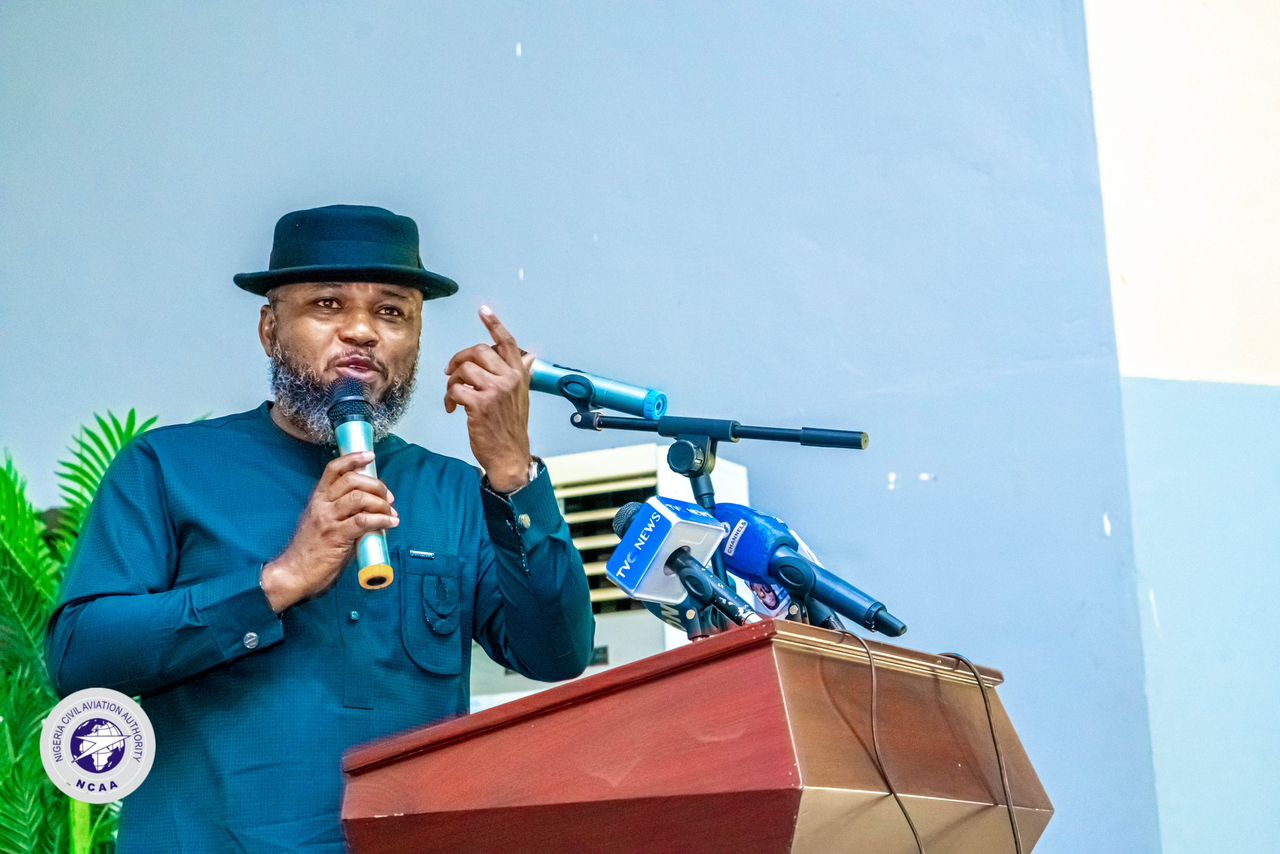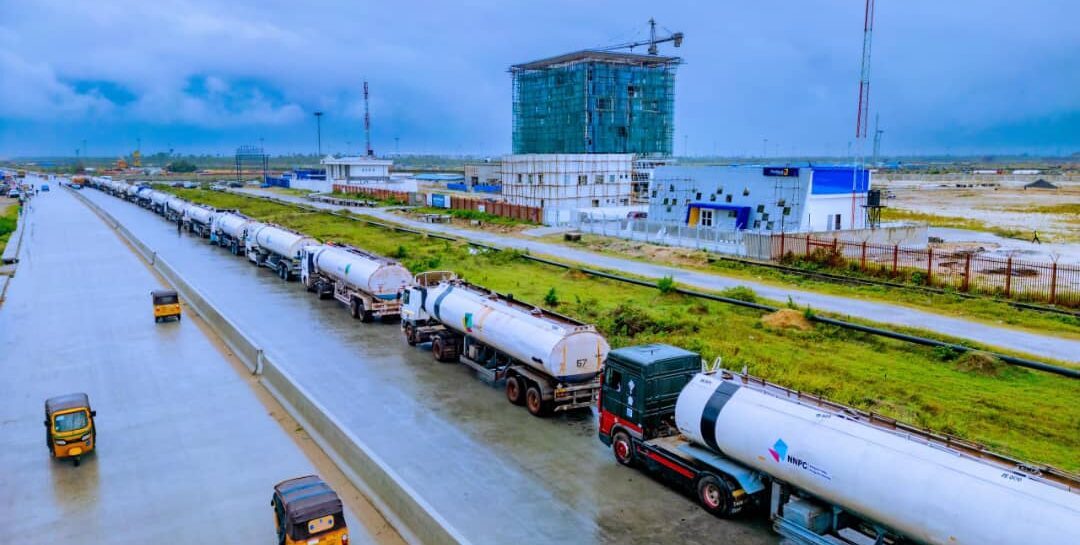KALU OKORONKWO writes how a young man’s life is cut short with a bullet from a Governor’s aide
Nigeria has become a land where the gap between power and citizens is measured not only in poverty and privilege, but in blood. Nothing illustrates this more blatantly than the tragic killing of 22-year-old Moses Mba, gunned down in Calabar by a security aide attached to the Governor of Cross River State, Prince Bassey Edet Otu. Moses, like millions of young Nigerians, had dreams, hopes, and the right to life.
But his story ended abruptly, not in the crossfire of terrorism or banditry, but at the reckless hands of those sworn to protect. His death is not just another statistic; it is a chilling metaphor for a nation where ordinary citizens bleed while their leaders feast.
Every nation pays a price for poor leadership, sometimes in lost opportunities; sometimes in wasted resources. In Nigeria, however, the price is written in blood. Leadership failure has left a trail of corpses, grief, and trauma. It is no longer just about corruption or inefficiency, it is now more about lives wasted because those entrusted with the duty of protection and progress have failed.
According to the deceased’s mother, Mrs. Mba Onyekwere Victoria, Moses who would have turned 23 in November this year was unarmed and defenseless when he was confronted not by criminals but by state security personnel wielding power like a private weapon. On August 1, 2025, Moses was said to have gone to the Government House, Calabar, to preach the gospel when the security details attached to the Government House pounced on him, beat him to pulp, shot and left him in the pool of his blood.
For his family, the loss is immeasurable: a son gone, a dream extinguished and a future stolen. Sober, devastated and mourning the tragic death of the first fruit of her womb, a growing man who woke up to a bright morning and a day full with positive expectations.
Nothing in the firmament prepared Mrs. Mba for the agony that awaited her. Not even a nightmare for she slept soundly like a new born. You could imagine how the news hit her. She was inconsolable. Surrounded by family, friends and sympathizers, Mrs Mba amid the confusion going on in her mind sent a petition through her lawyer to the AIG Zone 6, wanting justice for her son. For three long weeks, there has been lethargy and inertia on the part of the Nigeria Police Force to investigate the gruesome murder of Moses by a Police aide attached to Governor Otu of Cross River State.
Mrs Mba narrated her futile attempt so far to get justice for her late son: “I have been trying to fight this case legally through the law and the government, but they are trying to deprive us justice. The AIG of Police in Charge of Zone 6, after more than three weeks sent a notice to investigating Police Officer to fish out and arrest those involved in my son’s murder but noting has been done till today”, laments the bereaved mother, adding that “they said the Governor’s name is involved and nothing would be done about it”.
She explained further that after her son was beaten and shot dead at about 11 am, he was abandoned in his pool of blood and was only taken to the hospital at about 7pm by the Red Cross.
However, recent report has quoted the Cross River State Commissioner of Information, Dr. Erasmus Ekpang as saying that the Cross River State Governor, has condemned the killing and ordered the arrest of the aide responsible for the shooting of Moses.
The murder of Onyekachi Moses Mba is no longer just a crime, it has become a national litmus test for accountability in governance. Will Governor Otu match his words with action or will this become another chapter in Nigeria’s growing tale of state protected violence?
Moses’ story is not isolated, it is part of an ugly pattern in Nigeria where security agencies, tasked with protecting lives, too often become instruments of brutality, particularly when attached to the powerful.
He has become part of a wider narrative of state enabled violence, from the streets of Lagos during the #EndSARS protests, to highways littered with tales of citizens mowed down by reckless convoys, to communities scarred by extrajudicial killings. Moses’ blood joins countless others, staining a nation where leadership has too often failed in its most basic duty: to protect life.
Moses’ killing recalls the painful memories of October 2020, when young Nigerians, frustrated with decades of police brutality, poured onto the streets under the banner of #EndSARS. Their demand was simple: stop Police brutality and killings, Instead, the state responded with violence. At the Lekki Toll Gate in Lagos, security operatives opened fire on peaceful protesters, leaving behind bodies, chaos, and a broken social contract.
Moses’ death is not an accident of history, it is part of a systemic culture where the lives of citizens, especially the youth, are expendable in the eyes of the powerful. The bullets that ended his life carry the same logic as those fired at Lekki Toll Gate in October 2020: the convenience, ego, or impunity of those in authority outweigh the sanctity of Nigerian life.
Nigeria’s political class is notorious for convoys that terrorize rather than protect. Sirens wail, vehicles speed recklessly, and ordinary Nigerians are shoved off the road or worse, crushed under the weight of privilege. There have been numerous reports of innocent citizens killed or maimed by convoys of governors, ministers, or lawmakers.
Moses’ killing is another face of this killing culture: the belief that armed escorts are not guardians of law but enforcers of power. In this warped system, a citizen can lose his life simply by being at the wrong place, at the wrong time, in the wrong proximity to political authority.
However, the killing of Moses Mba exposes more than the recklessness of one security aide; it reveals the rot at the heart of Nigeria’s leadership and governance culture. Several questions demand sober reflection: why are security aides allowed to operate as though they are above the law?; why does proximity to political power often translate into impunity? And why does justice for victims of state brutality remain elusive, delayed, or denied?
This tragedy highlights the wider crisis of leadership accountability in Nigeria. Leaders cloak themselves in excessive security while citizens are exposed to violence from every side, terrorists, bandits, armed robbers, and, tragically, the very security forces meant to shield them.
The symbolism is painful: while leaders gather in grand banquets, convoys, and rallies, ordinary Nigerians face bullets, hunger, and despair. Citizens are asked to endure economic hardship in the name of reform, yet those in power live extravagantly. They preach sacrifice but practice indulgence.
Moses’ death underscores the hypocrisy of this social contract. How can leaders claim to govern the people when their own guards casually snuff out the lives of those very people? How can a nation progress when its leaders feast while its youth die of hunger?
Okoronkwo is a communications strategist, a leadership and good governance advocate
The post AGONY OF A MOTHER appeared first on THISDAYLIVE.



